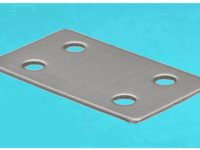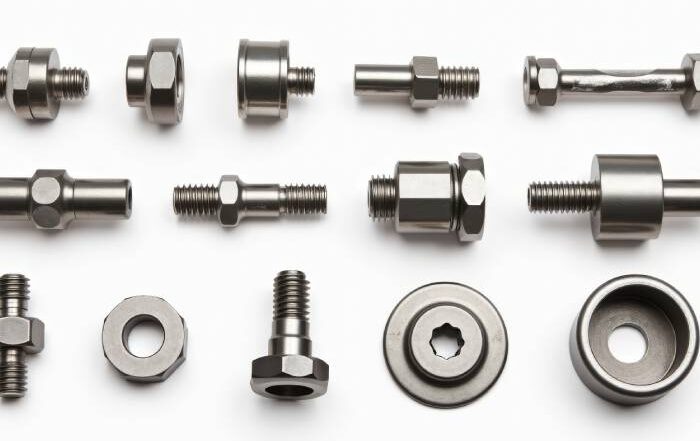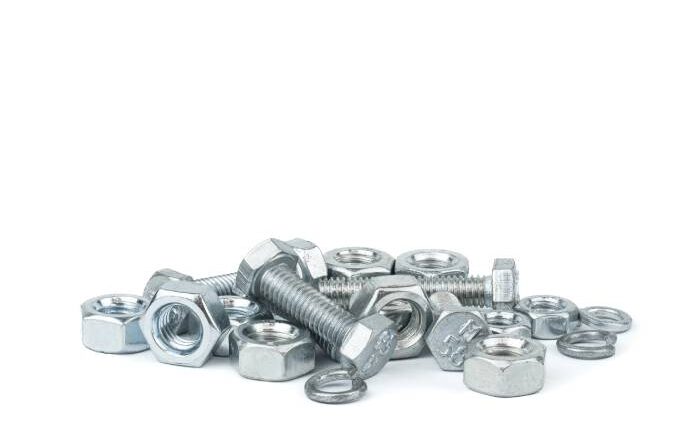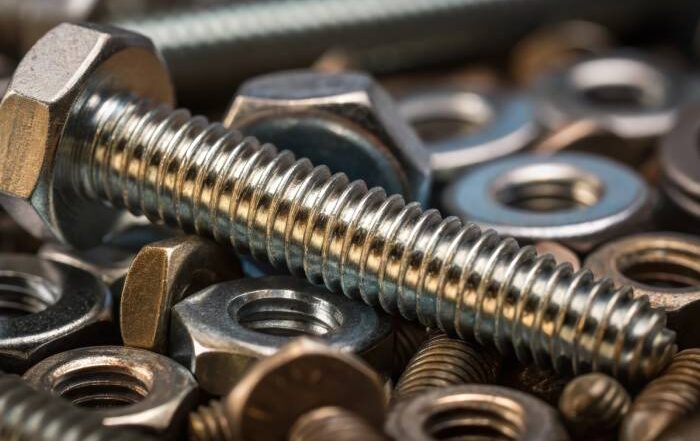
Date Posted:
February 5, 2018
Post Author:
Marsh Fasteners
While it’s commonly believed that stainless steel fasteners are completely corrosion resistant, this isn’t 100% accurate. Due to the durability and success of stainless steel applications, people think that this metal can’t corrode. However, the only metals that are completely corrosion resistant are gold and platinum.
While stainless steel isn’t completely corrosion resistant, it is much more economical and practical. It also far surpasses other common (and cheaper) metals when it comes to corrosion. On a small scale, you can consider the stainless steel sinks within your home. These sinks are exposed to water and chemicals daily, but you rarely see any type of corrosion in these applications. On a larger scale, look at the Chrysler Building. This awe-inspiring cultural icon was built in 1930 with type 302 stainless and there aren’t any signs of corrosion in this building.
It’s important to note that there are different types of corrosion, for example, such as:
- Stress corrosion (which occurs mainly from chloride, which can quickly corrode stainless steel),
- Erosion corrosion,
- Concentration-cell corrosion,
- Rust (oxidation) intergranular corrosion, and
- Crevice corrosion.
Understanding the different elements that your stainless steel will be exposed to will help you specify the right grade of steel.
Corrosion can be thought of as an electro-chemical action in which one metal is changed into a chemical or simply eaten away. When two metals are in contact with each other in the presence of some electrolyte, the less active metal will act as the cathode and attract electrons from the anode. The anode is the material which corrodes.
There are a variety of different grades of steel. The most common stainless steel grades are 304 and 316, with 316 being more corrosion resistant than 304.
If you are looking to invest in stainless steel fasteners that can protect your designs, then buy your fasteners from Marsh Fasteners. Contact us for more information today.



